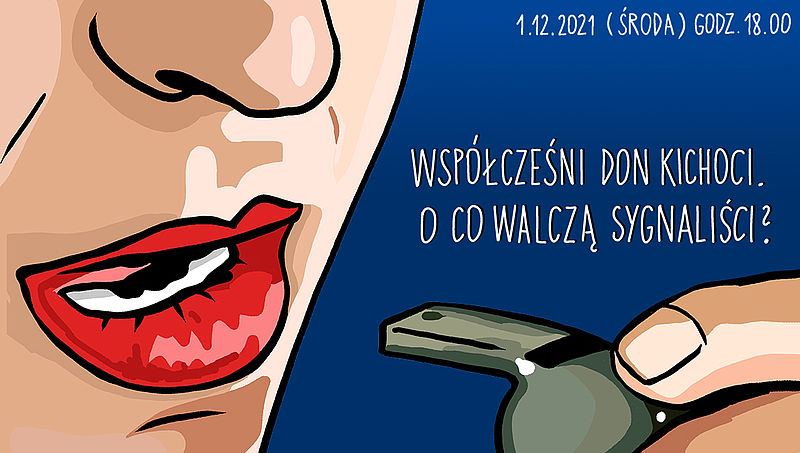Modern Don Quixotes. What Are Whistleblowers Fighting For?
The debate was held with the participation of lawyers, sociologists, whistleblowers and activists. The following speakers attended the meeting: Joanna Koczaj-Dyrda (whistleblower, activist), Prof. Ryszard Piotrowski (constitutionalist, MISO, Faculty of Law and Administration at the University of Warsaw), Marcin Waszak (expert of the IdeaForum of the Stefan Batory Foundation) and Maciej Wnuk (anti-corruption expert and trainer).
The debate was preceded by three introductory speeches. They were delivered - in turn - by Łukasz Kempara (Director of the EP Office in Poland), Dr. Maciej Pisz (Vice President of MISO) and Prof. Marcin Wiącek (Commissioner for Human Rights). Dr. Łukasz Kempara drew attenyion, among others, to the importance of protecting human and civil rights - including the rights of whistleblowers - from the point of view of the European Parliament's activities. Dr. Maciej Pisz stressed that the institution of whistleblowing and legal protection of a whistleblower are extremely important issues both from the perspective of a modern democratic state of law and the condition of civil society. Then, Prof. Marcin Wiącek noted that the problem of regulating the legal protection of whistleblowers was urgent, at the same time expressing the hope that - in the course of the ongoing legislative process related to the enactment of a law implementing the Directive on whistleblowers - the comments made during this debate would be taken into consideration. The debate started with a presentation by Łukasz Kohut (Member of the European Parliament), who mentioned, among other things, the issue of the so-called SLAPPs (strategic lawsuit against public participation), thematically related to the institution of whistleblowing.
The moderator of the debate was Kamila Biedrzycka (radio and TV journalist), who already at the beginning of the meeting pointed out that the role of whistleblowers in democracy was extremely important. At the same time, the moderator stressed that the debate would focus on trying to answer the question of how the level of legal protection of whistleblowers was to change in the wake of the implementation of the EU Directive on whistleblowers.
During the debate the speakers tried to answer, among other things, the question of why it was necessary to create a whistleblower institution and attempted to undertake a legal assessment of the draft law on the EU directive on whistleblowers. The first speaker to take the floor was Joanna Koczaj-Dyrda, who, among other things – based on her own life experiences - referred to cases of violations of human and civil rights and freedoms, as well as numerous dilemmas faced by modern whistleblowers, questioning the legitimacy of whistleblowing due to the risk of suffering negative consequences associated with that.
Marcin Waszak was the next speaker, who, among others, pointed out that since the adoption of the EU directive in 2019, public authority institutions, trade unions or employers’ organizations had done little to build a positive image of whistleblowers in society, while stressing that there were currently no effective legal measures to protect whistleblowers.
Meanwhile, Maciej Wnuk pointed out that a whistleblower is an indispensable person for modern democracy, but also for the private sector and business.


